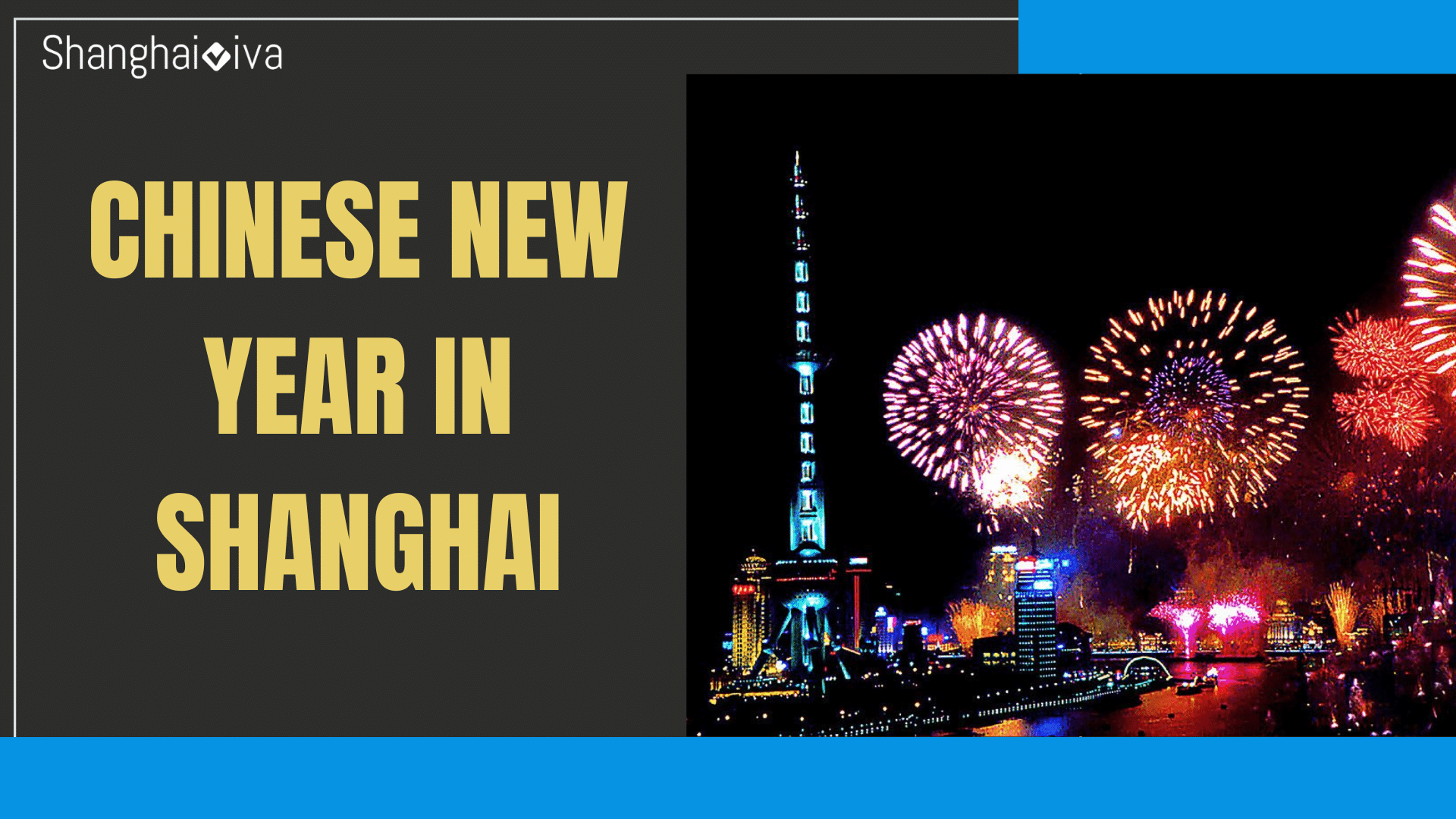Discover the traditions and celebrations of Chinese New Year in Shanghai. Learn about the customs and events in the city during this festive season. Join in the festivities!
Introduction
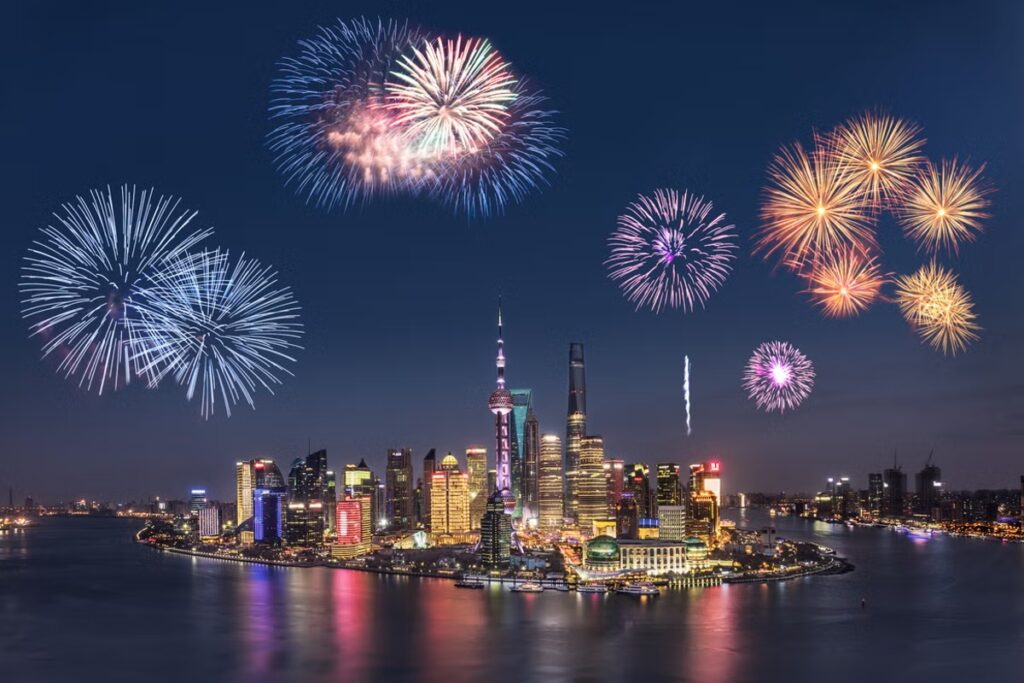
Chinese New Year, also known as Spring Festival, is one of the most important and widely celebrated holidays in China. It is a time to bid farewell to the old year and welcome in the new year with joy, happiness, and good fortune. Among the many cities that embrace the festive spirit, Shanghai stands out as a vibrant and bustling metropolis that offers a unique and unforgettable experience during Chinese New Year.
What is Chinese New Year in Shanghai?
Chinese New Year in Shanghai is a grand celebration that takes place annually in the city. It marks the beginning of the lunar new year and is an occasion for family reunions, feasting, gift-giving, and paying respects to ancestors. The streets of Shanghai come alive with colorful decorations, traditional music, dance performances, and various cultural activities. It is a time when locals and tourists alike come together to immerse themselves in the festive atmosphere and experience the rich traditions and customs of Chinese New Year.
The Essence of Chinese New Year in Shanghai
Chinese New Year is deeply rooted in Chinese culture and traditions, and Shanghai embodies the essence of this celebration in various ways. Here are some key elements that make Chinese New Year in Shanghai special:
Lantern Festival
The Lantern Festival is an integral part of Chinese New Year celebrations in Shanghai. It takes place on the fifteenth day of the lunar calendar, marking the end of the Spring Festival. During this time, thousands of lanterns are illuminated and displayed throughout the city, creating a magical and enchanting atmosphere. Visitors can stroll through lantern-lit streets and enjoy the vibrant displays, which often include intricate designs, traditional patterns, and even interactive installations.
Street Performances
Shanghai is known for its lively street performances during Chinese New Year. The city’s main thoroughfares, such as Nanjing Road and The Bund, come alive with vibrant performances by artists, musicians, and dancers. From traditional Chinese opera to modern dance shows, these performances showcase the rich cultural heritage of Shanghai and provide entertainment for both locals and tourists.
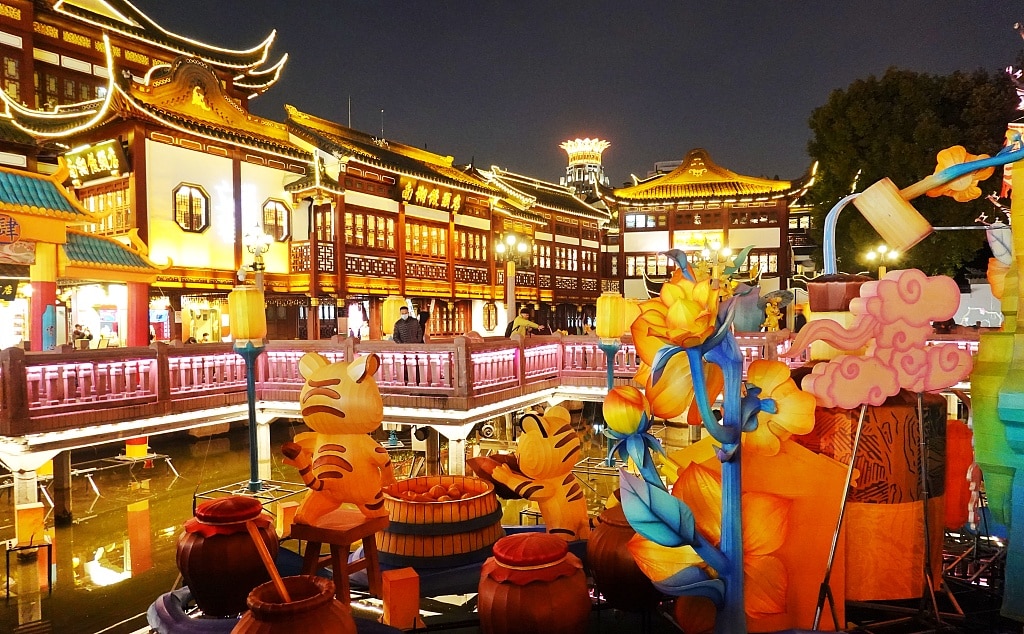
Fireworks Display
No Chinese New Year celebration is complete without a spectacular fireworks display, and Shanghai does not disappoint. As the clock strikes midnight to usher in the new year, the night sky over the city is illuminated with a dazzling array of fireworks. This magnificent spectacle is a sight to behold and adds an extra element of excitement and joy to the festivities.
Temple Fairs
During Chinese New Year, temple fairs are held in various parts of Shanghai, attracting throngs of visitors. These fairs offer a wide range of activities, including traditional performances, handicraft stalls, games, and delicious street food. It’s a great opportunity to immerse yourself in the local culture, sample authentic Shanghai cuisine, and experience the vibrant atmosphere of the fair.
Family Reunions and Traditional Meals
Chinese New Year is a time when families come together to celebrate and strengthen their bonds. In Shanghai, families gather for elaborate reunion dinners, known as “nianyefan,” which are often held on Chinese New Year’s Eve. These meals feature traditional dishes such as dumplings, fish, sticky rice cakes, and various other symbolic foods that represent luck, prosperity, and good fortune. Sharing a festive meal with loved ones is an important part of the Chinese New Year experience in Shanghai.
Where to Celebrate Chinese New Year in Shanghai
Shanghai offers a host of venues and attractions where you can soak in the festive spirit of Chinese New Year. Here are some popular places to celebrate the occasion:
Yu Garden
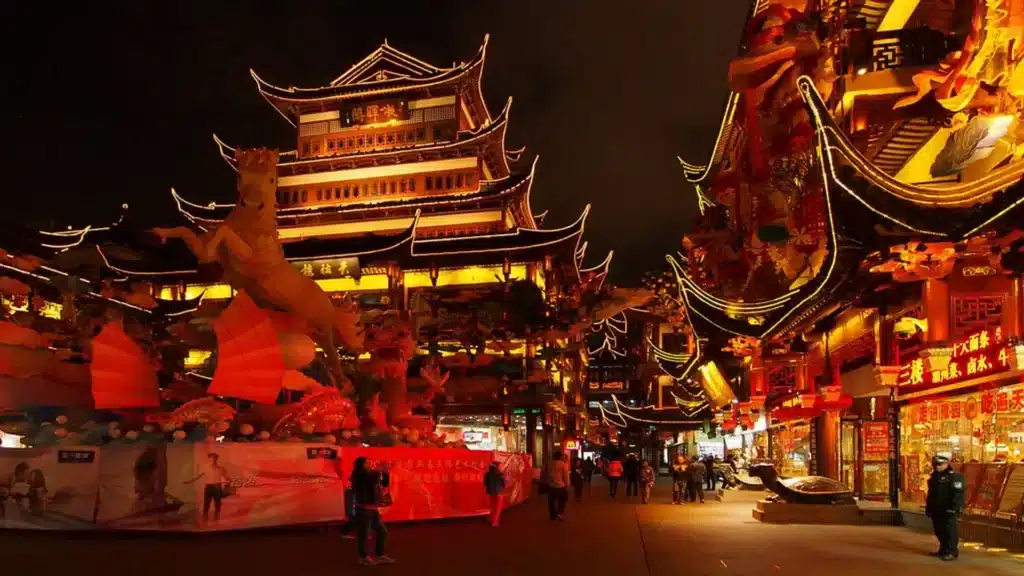
Yu Garden is a famous classical garden in Shanghai that exudes charm and tranquility. During Chinese New Year, the garden is adorned with red lanterns, colorful decorations, and beautiful flower displays. Visitors can explore the serene pavilions, rockeries, and ponds while immersing themselves in the festive atmosphere.
Longhua Temple
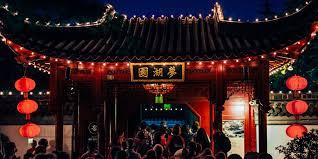
Longhua Temple is one of the oldest and most renowned Buddhist temples in Shanghai. It holds special significance during Chinese New Year, attracting devotees who come to pray for blessings and good luck. The temple also hosts various cultural activities and performances during the festival, providing a glimpse into the city’s ancient traditions.
Lujiazui Financial District
Lujiazui, Shanghai’s iconic financial district, transforms into a glittering wonderland during Chinese New Year. The district’s skyscrapers, including the Oriental Pearl Tower and Shanghai Tower, are illuminated with stunning light displays and projections. The waterfront promenade offers a prime viewpoint for enjoying the breathtaking spectacle.
People’s Square
People’s Square is a central hub in Shanghai and a popular gathering place during Chinese New Year. The square is decorated with festive lights, ornamental trees, and large flower displays. Visitors can join in traditional activities such as dragon and lion dances, watch cultural performances, and immerse themselves in the vibrant energy of the celebrations.
Shanghai Disney Resort
Shanghai Disney Resort embraces the festive spirit of Chinese New Year with special decorations, parades, and entertainment shows. The resort offers a unique blend of Disney magic and Chinese traditions, providing a memorable experience for visitors of all ages.
Conclusion
Chinese New Year in Shanghai is an extraordinary celebration that offers a unique opportunity to experience the rich traditions, customs, and festive spirit of this important holiday. From lantern festivals and street performances to temple fairs and family reunions, Shanghai comes alive with vibrant colors, joyful music, and an atmosphere of excitement and happiness. Whether you are a local or a tourist, Chinese New Year in Shanghai is an unforgettable experience that will leave you with cherished memories of this cultural extravaganza.
FAQs
When is Chinese New Year celebrated in Shanghai?
Chinese New Year falls on different dates each year, as it follows the lunar calendar. However, it generally occurs between late January and mid-February. In Shanghai, the celebrations typically last for 15 days, starting from Chinese New Year’s Eve and ending with the Lantern Festival.
What are some traditional customs during Chinese New Year in Shanghai?
Some traditional customs during Chinese New Year in Shanghai include giving red envelopes with money (hongbao), lighting firecrackers and fireworks, cleaning the house to sweep away bad luck, and offering prayers and incense at temples.
Are there any special dishes associated with Chinese New Year in Shanghai?
Yes, there are several special dishes associated with Chinese New Year in Shanghai. Some popular ones include fish (representing surplus and prosperity), dumplings (symbolizing wealth), sticky rice cakes (bringing good luck), and longevity noodles (signifying long life).
Can tourists participate in the festivities during Chinese New Year in Shanghai?
Absolutely! Chinese New Year in Shanghai is a celebration that welcomes tourists from all over the world. Visitors can join in the street performances, visit temple fairs, enjoy traditional meals, and immerse themselves in the festive atmosphere.
Are there any taboos or superstitions to be aware of during Chinese New Year in Shanghai?
Yes, there are certain taboos and superstitions to be aware of during Chinese New Year in Shanghai. For example, it is considered unlucky to sweep or clean the house during the first few days of the new year, as it may sweep away the good luck. Breaking dishes during the festival is also believed to bring bad luck.
Is it necessary to book accommodations in advance during Chinese New Year in Shanghai?
Yes, it is recommended to book accommodations in advance during Chinese New Year in Shanghai, as it is a peak travel period. Many locals also take this time to travel and visit their families, so hotels tend to fill up quickly.

